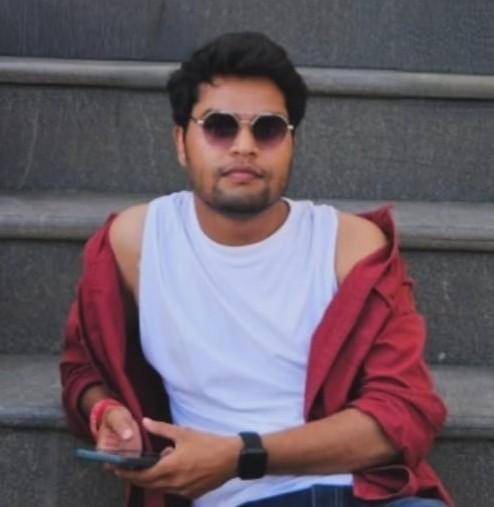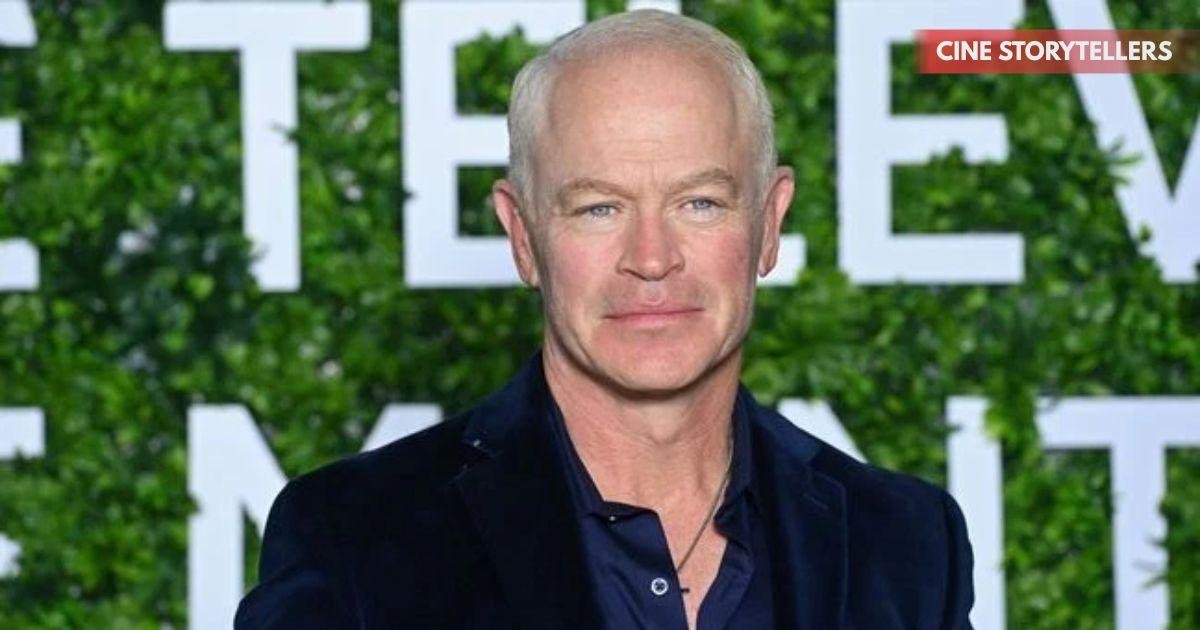A recent revelation from a Yellowstone actor has reignited debate about personal boundaries and the hidden pressures within the entertainment industry. The actor claims he was blacklisted from Hollywood after refusing to perform an on-screen kiss—an act he believes was against his personal principles. This controversy brings to light ongoing concerns about artistic freedom, professionalism, and consent in film and television production.
The Actor’s Statement: What Happened?
The actor in question, Forrie J. Smith—best known for his role as Lloyd Pierce on Yellowstone—spoke out in an emotionally charged social media video, stating that his refusal to kiss a fellow actor on-screen led to a decline in his career opportunities.
Smith asserted that the incident happened early in his career and that his decision was based on personal conviction. “I don’t kiss anybody. I’m not going to kiss anybody. I’ve been blackballed and shadow-banned ever since,” he explained.
While he did not name a specific production or director, the actor’s claims have struck a nerve, especially among fans who support artistic autonomy and ethical casting practices.
Hollywood’s Double-Edged Expectations
The entertainment industry often promotes itself as a space for free expression. However, the case shared by Smith suggests that personal boundaries may still conflict with professional demands. Hollywood has long faced criticism for being both overly demanding and inconsistently tolerant of actors who resist certain directions.
Whether it’s nudity, violence, or romance, actors frequently navigate gray areas between professional expectations and personal limits. While intimacy coordinators and consent protocols have become more common in recent years, Smith’s allegations hint that deeper systemic issues may still persist.
The Broader Implications: Consent vs. Career Consequences
Smith’s claims prompt a crucial question: Should actors be penalized for refusing certain scenes if those decisions stem from deeply held beliefs or discomfort?
Refusing an on-screen kiss should arguably fall under personal and professional discretion—especially when alternative storytelling approaches can achieve similar emotional impact. In today’s world where workplace consent and boundaries are emphasized more than ever, the idea of being “blacklisted” for such a refusal appears contradictory to the industry’s evolving ethics.
Fan Reactions and Social Media Support
Following his video, a wave of support has emerged on platforms such as X (formerly Twitter) and Instagram. Fans of Yellowstone and general viewers alike have expressed respect for Smith’s transparency and commitment to personal values.
Some social media users applauded his stance, with one post reading:
“Actors are not puppets. They’re human beings with values. Forrie Smith deserves respect for speaking up.”
Others used the opportunity to criticize Hollywood’s perceived hypocrisy—promoting consent in theory while allegedly punishing those who practice it.
Yellowstone’s Reputation and Cultural Context
As one of Paramount Network’s flagship series, Yellowstone has been praised for its rugged storytelling, moral complexity, and focus on traditional values. Smith’s character, Lloyd, is a fan favorite due to his loyalty and no-nonsense demeanor. His off-screen statements, therefore, carry weight among the show’s devoted audience.
However, it’s important to note that Smith made it clear the kissing incident occurred long before his time on Yellowstone. The series itself has not been implicated in any wrongdoing regarding his current claims.
A History of Boundary-Related Controversies in Hollywood
This is not the first time Hollywood has faced accusations of blacklisting over boundary refusals. Past instances include actors walking away from roles due to nudity, religious conflicts, or concerns about character morality. While some of these artists have seen their careers recover, others have struggled with diminished roles or industry exclusion.
For instance, in the early 2000s, actress Megan Fox was temporarily sidelined after making controversial statements about directors. Similarly, actor Jim Caviezel claimed that his devout beliefs led to reduced opportunities following his role in The Passion of the Christ.
These examples, like Smith’s, contribute to a growing narrative: when actors prioritize personal conviction over performance, career consequences often follow.
Industry Experts Weigh In
Entertainment lawyers and casting professionals have mixed views on Smith’s allegation. Some argue that creative teams have the right to make casting decisions based on an actor’s flexibility or alignment with the script. Others believe the industry must evolve to accommodate a wider range of ethical and personal considerations.
A casting agent, speaking anonymously, stated:
“Actors today are more empowered than ever, but that doesn’t always translate into protection from silent retribution. If a director labels someone as ‘difficult,’ that reputation can spread quickly—often unfairly.”
Can Reform Bridge the Gap?
To address situations like Smith’s, many experts advocate for stricter consent policies in contracts and standardized clauses for intimacy-related content. By ensuring that actors are given clear options and respectful alternatives, producers can uphold professionalism without compromising ethics.
Moreover, organizations such as SAG-AFTRA (Screen Actors Guild – American Federation of Television and Radio Artists) have made strides in promoting member protections, especially regarding on-set safety and autonomy. However, Smith’s story indicates there may be gaps in enforcement or informal blacklisting that evade official oversight.
Also Read : Brad Pitt Confesses Which Female Co-Stars Left Him Starstruck
Conclusion
Forrie J. Smith’s allegation that he was blacklisted for refusing an on-screen kiss has cast a critical light on longstanding industry practices. His candidness opens the door to broader discussions about personal boundaries, creative compromise, and the often-invisible costs of standing firm in one’s beliefs.
As fans continue to rally around Smith, and as the entertainment world reflects on evolving standards, it remains to be seen whether real systemic changes will follow—or if the cycle of silent penalties for ethical choices will persist.
Join our WhatsApp channel for more updates and information about celebrities and entertainment.

I’m Atul Kumar, founder of Cine Storytellers and an entertainment creator with 5+ years of experience. I cover films, celebrities, music, and OTT content with a focus on accurate, ethical, and engaging storytelling. My goal is to bring readers trustworthy entertainment news that informs, inspires, and goes beyond gossip.
Discover more from Cine Storytellers
Subscribe to get the latest posts sent to your email.
